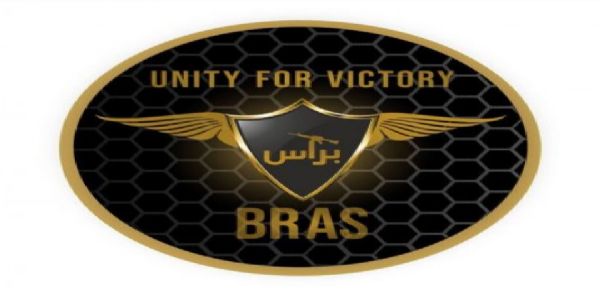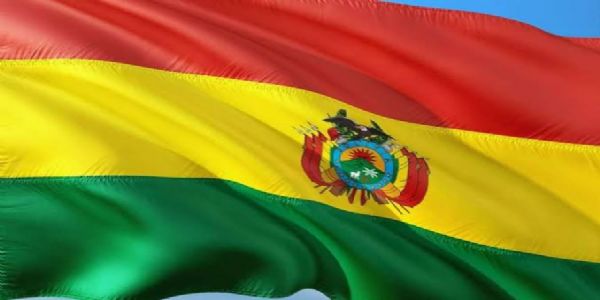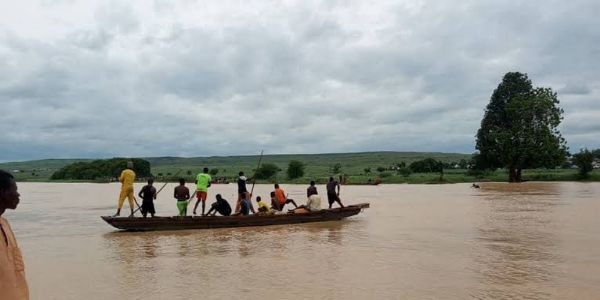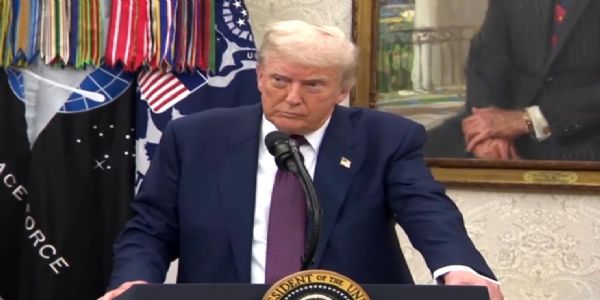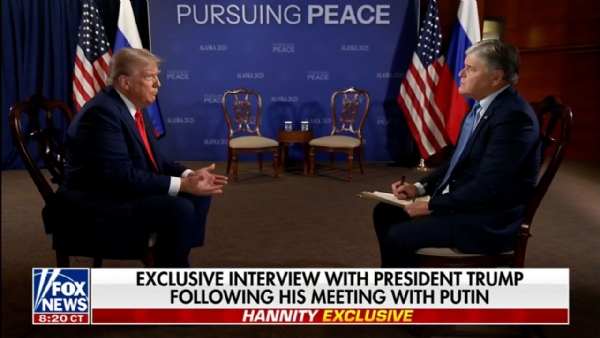
Anchorage(Alaska), 16 August (H.S.): In a historic, high-profile summit at Joint Base Elmendorf-Richardson, U.S. President Donald Trump and Russian President Vladimir Putin spent six hours locked in negotiations over the grinding war in Ukraine on Friday(local time), culminating in a flurry of mixed signals, warm platitudes, and ambiguous progress but no tangible peace agreement. The event, marked by symbolism as much as substance, drew global scrutiny for its red-carpet reception—the most dramatic diplomatic rehabilitation yet for Putin, a leader widely regarded as an alleged war criminal by the West.
Fox News Interviews: The Pulse of Diplomacy
Fresh off the tarmac, President Trump made the rounds on Fox News, offering revealing insight into the talks. In an interview with Sean Hannity, he described the summit as “great progress,” yet conceded that there remain “big things” unresolved, notably land concessions and ceasefire arrangements. “No deal until there’s a deal,” Trump cautioned, setting a tone of tempered optimism shadowed by unresolved tensions.
Trump put the burden of brokering peace squarely on Ukrainian President Volodymyr Zelensky, confirming that both Zelensky and Putin request his presence at a forthcoming tripartite negotiating table: “They both want me there, and I’ll be there.” Pressed on the timeline for peace, Trump remained cautiously hopeful: “Fairly short, yeah.” However, he admitted he “was wrong” believing this conflict might be the simplest to solve, a reference to his campaign promise to end the war in 24 hours.
On Land Swaps and Security Guarantees
One of the most contentious subjects—the potential for territorial swaps—was addressed candidly. “We largely have agreed on” land swaps, Trump told Hannity, alluding to a possible settlement involving territorial concessions to Russia and U.S. security guarantees for Ukraine. While the tone was conciliatory, Trump emphasized the vital role of Ukrainian consent: “Ukraine has to agree to it. Gotta make a deal,” he urged Zelensky, hinting at the diplomatic complexities ahead.
Clinton’s Nobel Twist: Diplomacy Meets Politics
Echoing in the background, former Secretary of State Hillary Clinton injected sharp political drama by announcing she would personally nominate Trump for a Nobel Peace Prize—if he succeeded in ending the war without Ukraine ceding territory. Trump responded diplomatically: “If she said that, it’s very nice. I really appreciate it,” noting that he was “not campaigning for the award.” This bipartisan gesture illuminated the extraordinary stakes and political theater surrounding the summit, with Clinton’s conditional support underscoring the global dimensions of any potential peace.
Prisoner Swaps and Secondary Sanctions: Negotiations in Flux
Trump further revealed “movement towards a potential prisoner of war transfer,” stating, “I have a book of thousands of people that they presented me with today, thousands of prisoners, who will get released.” Yet, critical details—including whether those prisoners are Russian or Ukrainian—remain shrouded in mystery, with the deal pending acceptance by all parties involved.
Asked about the threat of harsher U.S. sanctions, Trump indicated a cooling posture: “Because of what happened today, I think I don’t have to think about that now…maybe in two weeks or three weeks.” The shift signals a strategic pause, possibly to allow the negotiations breathing room, though secondary sanctions loom should talks stall.
The Kremlin’s Take: “Very Positive” and Forward-Looking
Russian spokesperson Dmitry Peskov described the meeting as “very positive,” noting that both leaders issued “exhaustive statements” and that the talks pave the way for “confidently moving forward together” toward a peace settlement. Both leaders notably declined to field questions from reporters, further clouding the specifics of any emergent deals and underscoring the ongoing nature of negotiations.
Analysis: Symbolism, Stalemate, and Strategic Uncertainty
Despite the diplomatic theater — Putin’s red carpet welcome, his ride in the presidential limo “the Beast,” and his statements referring to Ukraine as a “brotherly nation” — the summit failed to deliver a concrete solution. For Ukraine, the world remains “ghastly but unchanged.” The specter of war persists, with no clear breakthrough nor dramatic U.S.-Russia rapprochement on the horizon.
What emerges is a picture of high-stakes diplomacy, thick with political intrigue and international symbolism but still mired in the complexities of unresolved “big things.” For now, the momentum hinges on future meetings and Ukraine’s willingness to negotiate — all under the watchful eyes of global leaders, the U.S. press, and perhaps, the Nobel committee.
---------------
Hindusthan Samachar / Jun Sarkar





